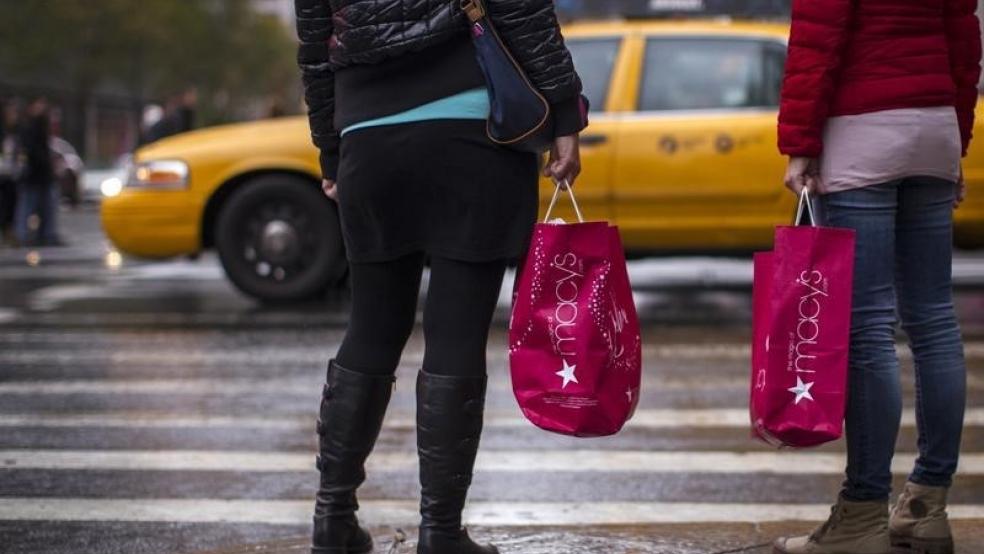NEW YORK (Reuters) - A New York state appeals court on Thursday revived most of Macy's Inc's lawsuit accusing J.C. Penney Co of interfering improperly with its exclusive merchandising contract with Martha Stewart Living Omnimedia Inc.
The 5-0 decision by the Appellate Division in Manhattan restored two claims by Macy's that a lower court judge had dismissed. It also upheld the validity of a third Macy's claim, but said Macy's did not deserve punitive damages.Thursday's decision is the latest step in an unusual battle over the right to sell home goods from a company named for one of the most famous U.S. names in homemaking. Macy's, which is based in Cincinnati, had settled with Martha Stewart in January 2014.J.C. Penney said it may appeal but looked forward to defending against Macy's claims. It said it was pleased the court decided that punitive damages were not warranted.Ted Grossman, a Jones Day partner representing Macy's, in a phone interview called the decision a "thumping" ruling that "expanded, clearly, the damages that we can receive." Macy's itself called the decision a "resounding victory."At issue was a 2011 agreement in which Martha Stewart was to design bed, bath and kitchen products for sale at J.C. Penney stores being revamped by the retailer's chief executive at the time, Ron Johnson.Macy's complained that the agreement interfered with its own 2006 contract giving it exclusive rights to sell the same kinds of products under the Martha Stewart brand.Last June, State Supreme Court Justice Jeffrey Oing said J.C. Penney's "over the top" and "less than admirable" interference violated Macy's exclusivity rights under the 2006 contract.But Oing dismissed Macy's claims that J.C. Penney breached confidentiality provisions of its contract with Martha Stewart, or that its actions amounted to unfair competition.The appeals court said these dismissals were wrong because J.C. Penney used its "financial leverage" over Martha Stewart to learn about Macy's contract, and then began selling Martha Stewart designs to which Cincinnati-based Macy's was entitled."JCP misappropriated Macy's labor, skill, expenditures, and good will, all the while demonstrating bad faith in pursuing its objective," Justice John Sweeny wrote for the appeals court.Sweeny said that despite the "unsavory atmosphere surrounding JCP's conduct," there was no showing that the Plano, Texas-based company should pay punitive damages.In Thursday trading, JC Penney shares closed up 13 cents at $9.12, and Macy's was unchanged at $63.58.The case is Macy's Inc et al v. JC Penney Co, New York State Supreme Court, Appellate Division, 1st Department, No. 13958. (Reporting by Jonathan Stempel in New York; Editing by Jeffrey Benkoe, Tom Brown and Leslie Adler)U.S. court revives Macy's claims vs JC Penney over Martha Stewart

© Brendan McDermid / Reuters



